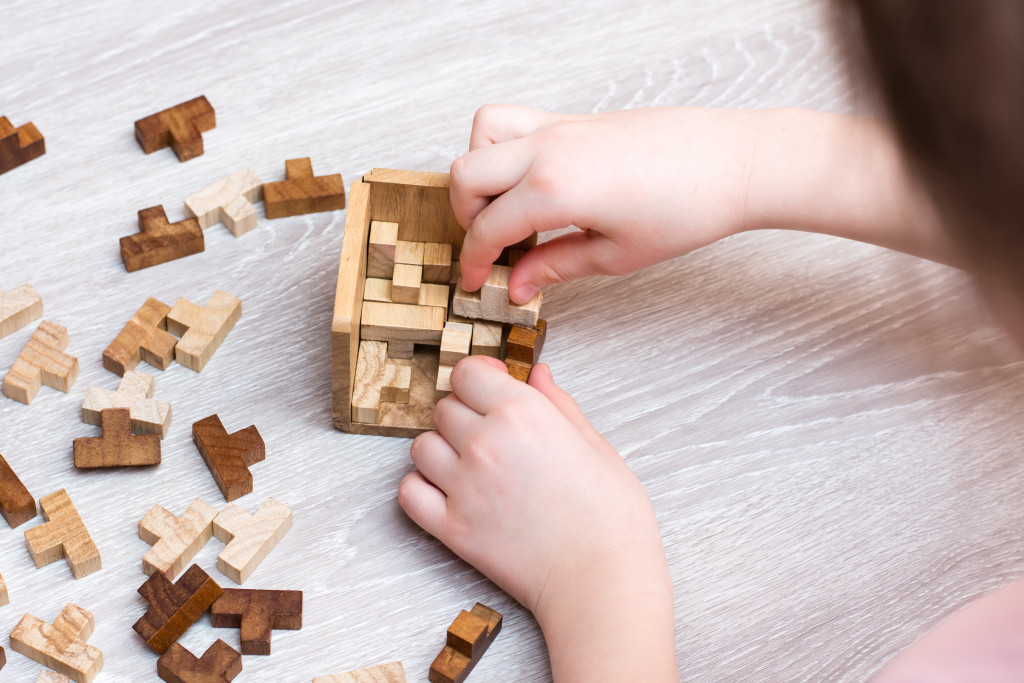- Parents can prepare children for life’s challenges by teaching problem-solving skills, including breaking down complex problems.
- Fostering a love for learning will help children succeed; make it interactive, relevant, and fun.
- Selecting the right school and encouraging healthy hobbies can also foster learning and build crucial life skills.
- Encouraging independence and decision-making in children can build their confidence and lead to increased self-reliance.
- Teaching children empathy helps them understand and consider the feelings of others, which is a crucial life skill.
As a parent, you want your children to have the best possible start in life, to be healthy, happy, and to succeed. One of your most important jobs as a parent is to help your children prepare for the challenges of real life. Real life is often difficult and can be full of unexpected twists and turns. However, by preparing them for the challenges, you can give them the best possible chance of success. This blog will explore ways to help your young child prepare for the challenges of real life.
Teach problem-solving skills:
The ability to solve problems effectively is critical for children. As adults, everyone will face problems daily, and children need to learn how to problem-solve at a young age. Teach your child to break down problems into small steps to solve them easier. This can mean breaking down a complex math problem into smaller, more manageable parts or finding creative ways to solve the problem. Try to involve them in solving problems that you also encounter, even if it’s something simple like figuring out how to make dinner when ingredients are limited.
Foster a love of learning:
Children who love to learn are more likely to succeed in life. Not every child enjoys learning, but you can foster a love for it in many ways. Here are some tips:

Find the right school:
Young children need to be in a primary school environment that encourages learning. Ask for recommendations and take your child on campus tours to get a better feel for the setting. You can also look for institutions that offer PSHE (Personal, social, health, and economic) education. A PSHE curriculum for primary school students can help them develop the skills to think critically, make decisions, and manage their emotions. From lessons about diversity to exploring topics like budgeting and money management, PSHE can provide invaluable life skills.
Encourage healthy hobbies:
Encouraging your child to take up hobbies and activities that promote learning will help them develop essential skills. Activities such as music, coding, arts, and sports can all cultivate the creativity and discipline needed to succeed in life. Some children might even be passionate about one of these if you encourage them enough.
Make learning fun:
Learning should be a positive experience for children, not a chore or something that feels daunting. The best way to make learning fun is by making it interactive. Use games, puzzles, videos, and other activities to engage your child’s interest in a topic. For example, if you want to teach them about the solar system, you could use Play-Doh models or role-playing games instead of reading from textbooks. Making learning relevant and engaging will help children develop a genuine interest.

Lead by example:
Children learn best from positive role models. If you want your child to develop a love of learning, show them that you enjoy learning and discovering new things, too. Share stories about the successes you’ve enjoyed as a result of studying or researching, and be open to discussing any failures as well. Being honest about both will help your child realize that mistakes can be used to learn and grow.
Encourage independence:
Encouraging your child’s independence is essential for their development. Allow your child opportunities to make decisions and take control of their own life. For example, encourage them to choose their own clothing or make their own breakfast. These small steps will eventually lead to greater confidence and increased independence. If your child is making a bad decision, explain why and provide guidance.
Practice empathy:
Empathy, the ability to understand and share the feelings of others, is a critical skill for children to learn. Encourage your child to think about how their actions might affect others and to consider their feelings. Role-play scenarios where your child takes on the role of another person to help them develop empathy skills. You can also read books about emotions and feelings together to help your child better understand the thoughts and feelings of those around them.
Children need to learn the skills that will help them face the challenges of real life. Teaching problem-solving, fostering a love of learning, encouraging independence, and practicing empathy are all important skills that parents can help their children develop. By helping your child prepare for the challenges they may face in life, you can give them the best chance of success.

